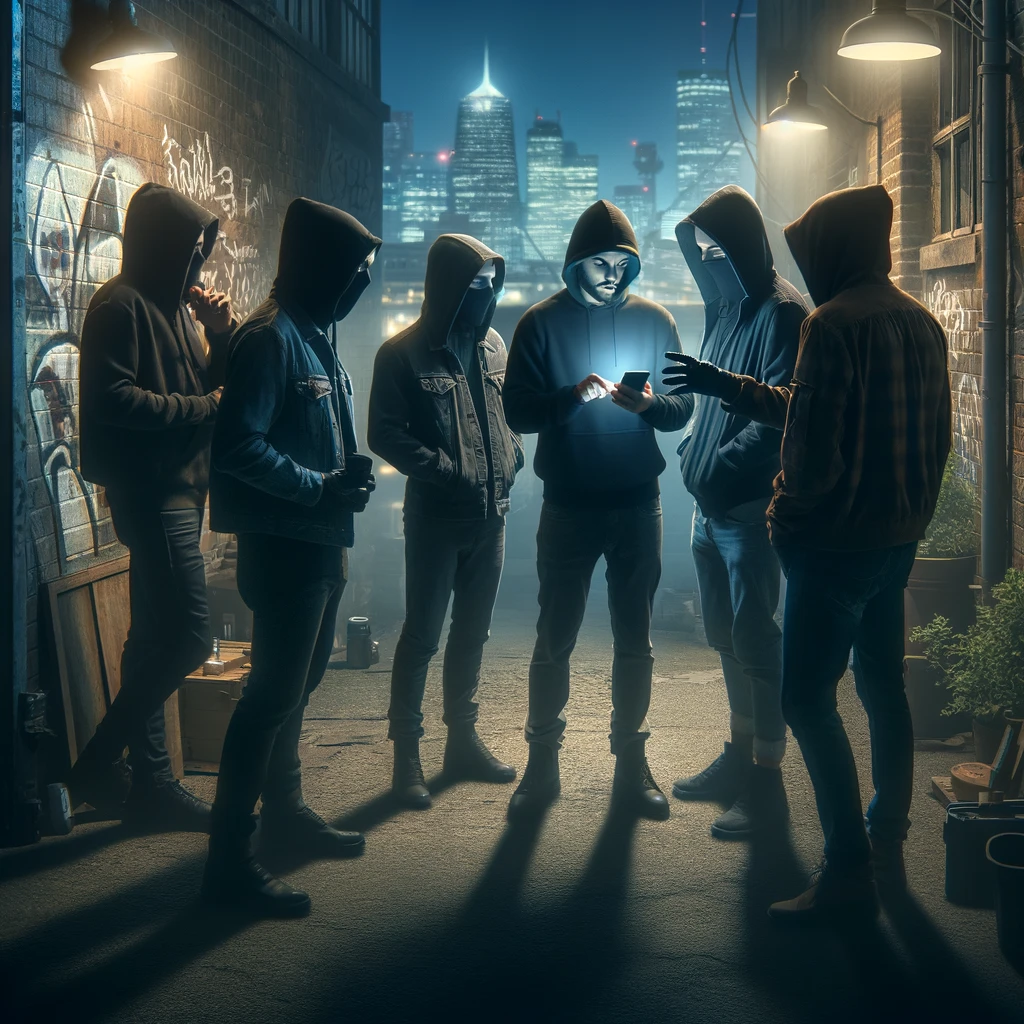Understanding RCW 9A.28.040: Criminal Conspiracy Laws in Washington
Introduction: In Washington, criminal conspiracy is a serious offense defined under RCW 9A.28.040. This article will delve into the details of this statute, explaining its various elements, consequences, and potential defenses.
Section 1: Criminal Conspiracy Definition RCW 9A.28.040 defines criminal conspiracy as follows:
“A person is guilty of criminal conspiracy when they intentionally agree with one or more individuals to engage in or cause the performance of conduct constituting a crime. It becomes a criminal conspiracy when any one of the conspirators takes a substantial step towards carrying out this agreement.”
Section 2: No Defense in Certain Circumstances It is important to note that there are situations where certain defenses do not apply to criminal conspiracy charges:
(a) Prosecution Status: It is not a defense that the individuals with whom the accused conspired have not been prosecuted or convicted.
(b) Different Offense: The fact that the co-conspirators may have been convicted of a different offense is not a valid defense.
(c) Lack of Amenity to Justice: Whether the co-conspirators are amenable to justice or not does not serve as a defense.
(d) Acquittal: An acquittal of one of the co-conspirators does not absolve others involved in the conspiracy.
(e) Lack of Capacity: It is not a defense if a co-conspirator lacked the capacity to commit an offense.
(f) Government Agents: Even if a co-conspirator is a law enforcement officer or government agent who did not intend for a crime to be committed, it is not a defense to the charge of criminal conspiracy.
Section 3: Criminal Conspiracy Penalties The penalties for criminal conspiracy vary depending on the severity of the underlying crime:
(a) Class A Felony: When the conspiratorial agreement’s objective is murder in the first degree.
(b) Class B Felony: If the objective of the conspiracy is a class A felony other than murder in the first degree.
(c) Class C Felony: When the conspiratorial agreement aims at a class B felony.
(d) Gross Misdemeanor: When the conspiratorial agreement relates to a class C felony.
(e) Misdemeanor: If the conspiratorial agreement pertains to a gross misdemeanor or misdemeanor.
Conclusion: Understanding RCW 9A.28.040 is essential for anyone in Washington who may face criminal conspiracy charges. It is crucial to be aware of the legal definitions, possible defenses, and the potential consequences associated with this statute. If you find yourself in a situation involving criminal conspiracy, it is advisable to seek legal counsel to protect your rights and navigate the legal process effectively.
You can read the text of RCW 9A.28.040 here: https://app.leg.wa.gov/rcw/default.aspx?cite=9A.28.040
Review our client resources here
Contact us anytime for your urgent legal needs.
About Blanford Law:
We are no-nonsense, relentless, fair, and honest. We are great listeners instead of fast talkers, that is just who we are. More than 20 years ago, Ken began practicing law with a deeply-seeded belief that every person has the right to the best legal representation available. He built his law firm on that belief. Another belief that he strongly adheres to is his fundamental belief that clients deserve respect, with no assumptions or preconceived notions. If you or someone you know is accused of a crime or injured as a result of the negligence of another, please have them call us at 253-720-9304 or email us info@blanfordlaw.com

